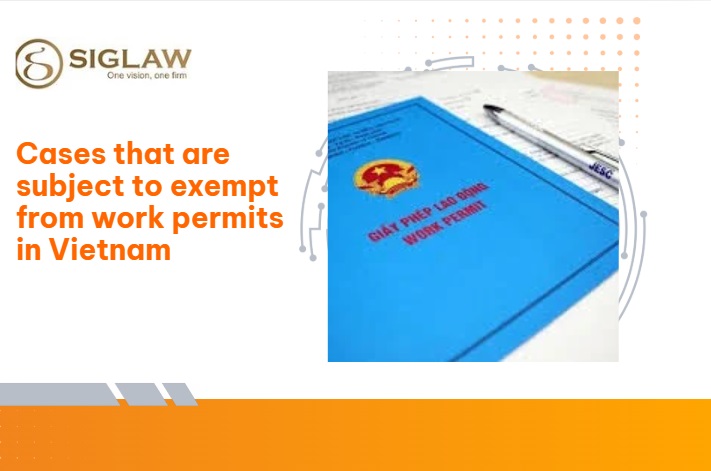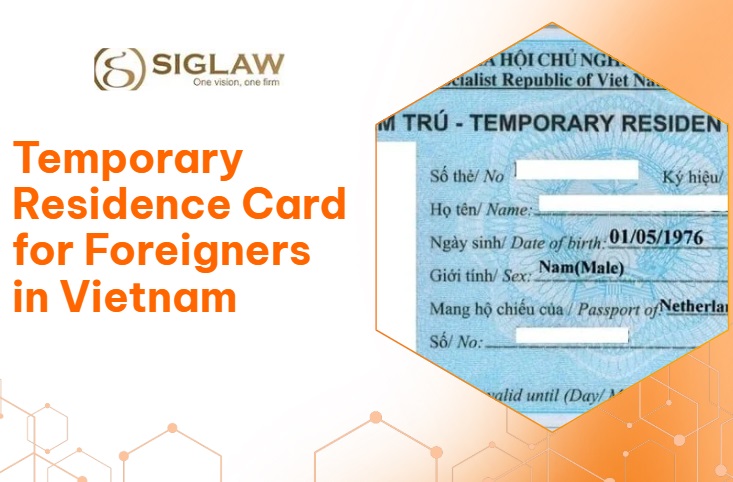ACCOUNTING DOCUMENTS: PREPARATION, PROCESSING & INSPECTION PROCESS
Accounting documents play an exceedingly vital role, significantly contributing to the accounting operations of businesses. Specifically, these documents validate the legality and authenticity of economic transactions, thus aiding in the accurate recording of books and preparation of financial reports. Consequently, every business must establish a rational and systematic procedure for the circulation and verification of accounting documents. This article will offer comprehensive guidance on the steps involved in the transfer and verification of accounting documents at Siglaw Law Firm, assisting businesses in enhancing their understanding and application.
Based on the regulations on accounting documents in Circular 200/2014/TT-BTC on Guidance on enterprise accounting regime and Circular 133/2016/TT-BTC on Guidance on accounting regime of small and medium enterprises , Siglaw Law Firm would like to introduce the step-by-step process to process accounting documents as follows:
Step 1: Prepare, receive and process accounting documents
All accounting documents of the enterprise include:
– Documents prepared by the unit itself such as sales invoices, receipts, payment slips, memoranda of understanding, etc.;
– External purchase documents such as purchase invoices, shipping receipts, contracts, etc.;
– Internal circulation documents such as delivery notes, warehouse receipt notes, payment requests, etc
These documents will be sent to the centralized accounting department. The accountant will check the completeness of the documents by comparing them with transactions that occurred during the period and reconfirming with relevant partners.
Step 2: Translate accounting documents into Vietnamese
According to Clause 5, Article 5 of Decree 174/2016/ND-CP, accounting documents written in foreign languages must be translated into Vietnamese for inclusion in accounting books and the preparation of financial reports in compliance with Vietnamese law. The essential contents of the documents should be fully and accurately translated, and the enterprise bears responsibility for the accuracy of the translation. The Vietnamese translation should be accompanied by the original document in the foreign language. Supporting documents such as contracts, financial reports, etc., do not need to be translated into Vietnamese unless specifically requested by a competent state agency.
Step 3: Check the validity and legality of accounting documents
Before being used as a basis for accounting entries, all documents must be thoroughly checked to ensure:
– Information recorded on documents must be complete, clear, objective and honest. Do not record missing or false information;
– The content and form of documents must comply with the provisions of law on accounting and finance;
– Data and information on documents must be accurate and consistent with professional practice;
– Internal documents must comply with the unit’s regulations and document management procedures.
If invalid documents are discovered, the accountant must refuse and immediately report to the leader for handling. For documents that do not comply with procedures, the accountant requires the preparer to make adjustments and supplements to ensure validity before recording.
Step 4: Circulate and record accounting books and documents
After being checked, documents are transferred to relevant departments to provide information. After that, documents are gathered to the accounting department for recording and storage.
To ensure quick and accurate circulation, it is necessary to develop a clear circulation process for each type of document and regulate the circulation time. When transferred, both parties sign for confirmation to avoid loss and disputes.
In addition, businesses need to simplify documentation procedures to save time but still ensure legality. Specifically, it is possible to reduce the number of documents, simplify the content and approval process while still complying with the law.
Step 5: Preserve, store and cancel accounting documents
According to Decree 174/2016/ND-CP, after use, accounting documents need to be carefully preserved and stored appropriately in chronological order to serve inspection and comparison.
At the end of the storage period, documents are destroyed according to the decision of the legal representative of the enterprise, unless otherwise requested by a competent state agency.
When destroying documents, businesses need to follow each step in accordance with the law to avoid being fined for administrative violations.
Phone: (+84) 961 366 238
Email:
- vphn@siglaw.com.vn
- vphcm@siglaw.com.vn
Headquarters: No.44/A32-NV13, Gleximco A, Le Trong Tan Street, Tay Mo Ward, Ha Noi.
Southern branch: No.103 – 105 Nguyen Dinh Chieu Str., Xuan Hoa Ward, Ho Chi Minh.
Central branch: VIFC DN – ICT Building Software Park No. 2, Nhu Nguyet Street, Hai Chau Ward, Da Nang City
Facebook: https://www.facebook.com/hangluatSiglaw










